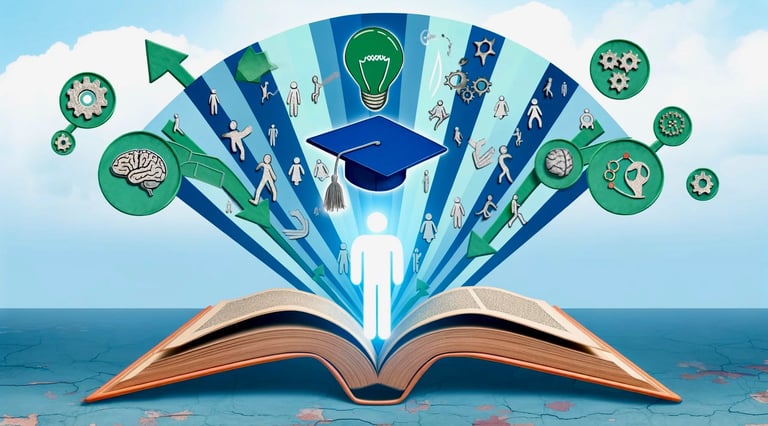Early Detection of ADHD in Children: A Gateway to Success in Social and Academic Life
Attention-Deficit/Hyperactivity Disorder (ADHD) impacts a significant number of children worldwide, potentially severely affecting their school performance, social relationships, and self-esteem. Yet, early detection and treatment can positively alter these children's life trajectories and their families.


Warning Signs: What Parents Should Look For
Symptoms of ADHD can vary widely but typically include difficulties maintaining attention on tasks or play, forgetting daily activities, constantly moving, or talking excessively. Some parents might see these behaviors and wonder if they are normal or indicative of something more. It's crucial that, when in doubt, they consult a professional, as early diagnosis is key.
The Impact of ADHD on Social and Academic Performance
ADHD can pose significant challenges for children in school, such as keeping up with academics or staying organized with their tasks. Socially, they might struggle with making and keeping friends due to impulsive behaviors or difficulty reading social cues. These challenges can lead to self-esteem issues and isolation.
The Importance of Early Detection
Identifying ADHD from an early age opens the door to interventions that can significantly improve the child and their family's quality of life. Mental health professionals, like psychologists and psychiatrists, play a crucial role in diagnosing and recommending appropriate treatments.
ABA Therapies:
An Effective Strategy for ADHD
Applied Behavior Analysis (ABA) is a therapeutic approach grounded in science that has proven effective in treating ADHD. Through specific techniques, ABA therapies help improve social, academic, and behavioral skills, enabling children to reach their full potential. These interventions are designed to reinforce positive behaviors and decrease problematic ones.
How Parents and Educators Can Help
Support from parents and educators is vital. Creating a structured environment with clear routines can help children feel more secure and manage their symptoms better. Positive reinforcement and open communication are also crucial for fostering an understanding and growth-oriented environment.
ADHD presents challenges, but with early detection and the right strategies, children can thrive socially and academically. It's essential for parents and educators to be informed and seek professional support when necessary. The journey to effective ADHD management begins with recognizing its symptoms and taking proactive steps to assist children in reaching their true potential.
Call to Action
If you suspect your child might be displaying signs of ADHD, do not hesitate to seek professional guidance. At Little Smile Behavioral, we are ready to provide you with all the necessary information and support your family needs. With a focus on ABA therapies, along with support at home and school, we can make a significant difference in your child's life. For more information about ADHD, useful resources, and how our therapies and services can benefit your child, visit us at Little Smile Behavioral. We are here to support your family every step of the way toward your child's well-being and success.
Understanding ADHD
ADHD is a neurological condition characterized by patterns of inattention, hyperactivity, and impulsivity inappropriate for a child's age. It is classified into three types: predominantly inattentive, predominantly hyperactive-impulsive, and combined. Children may struggle to concentrate, follow instructions, stay still, or think before acting.


Get in touch


